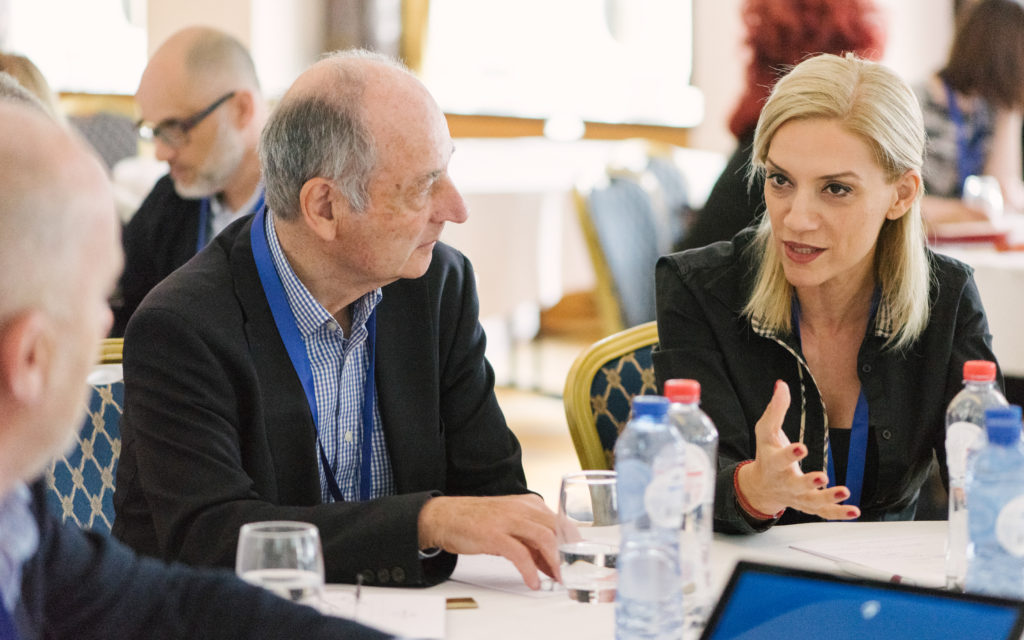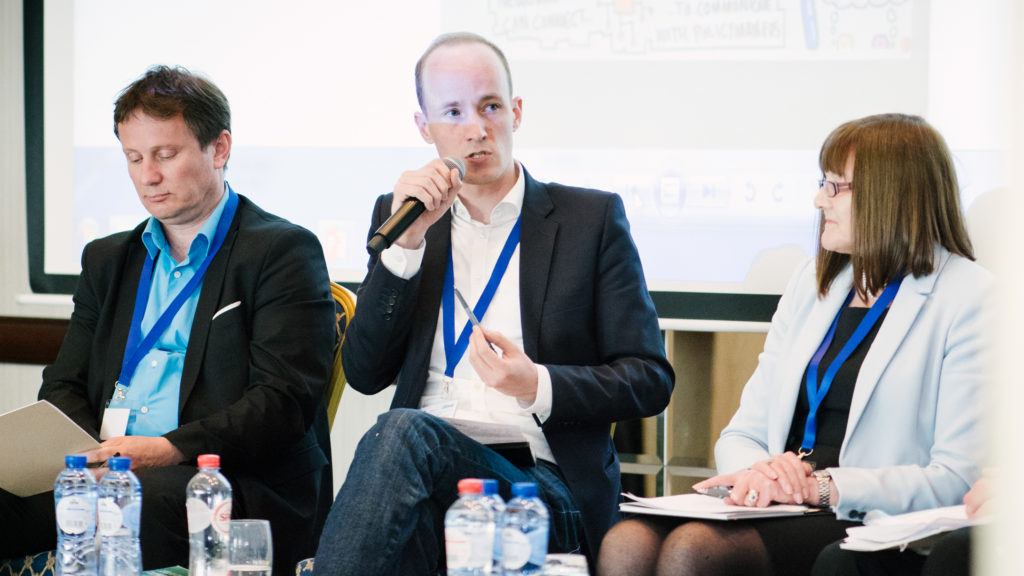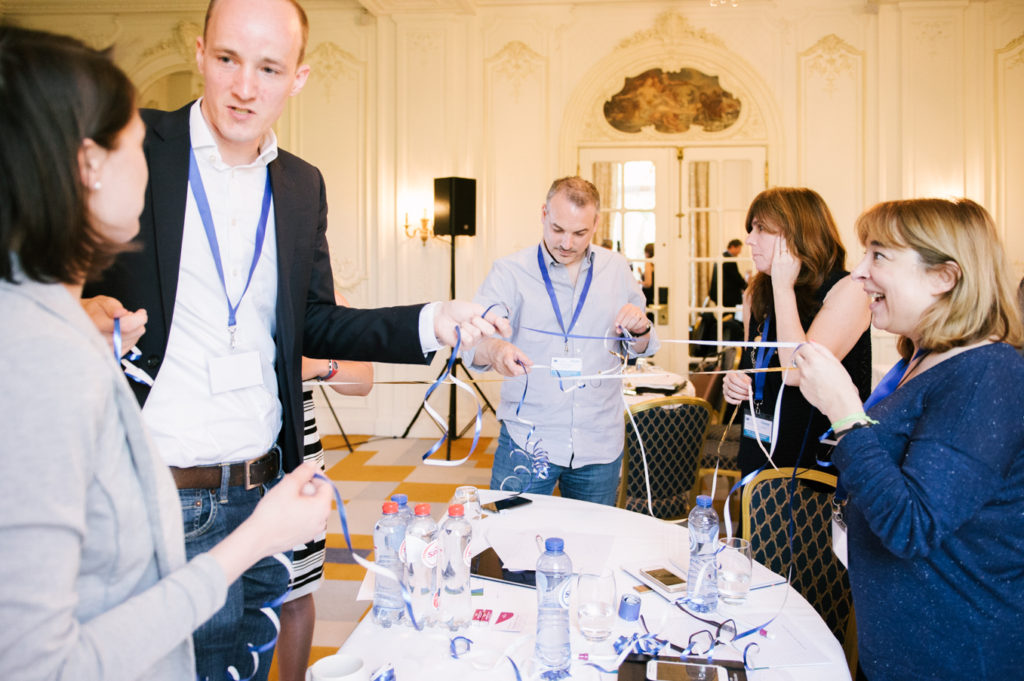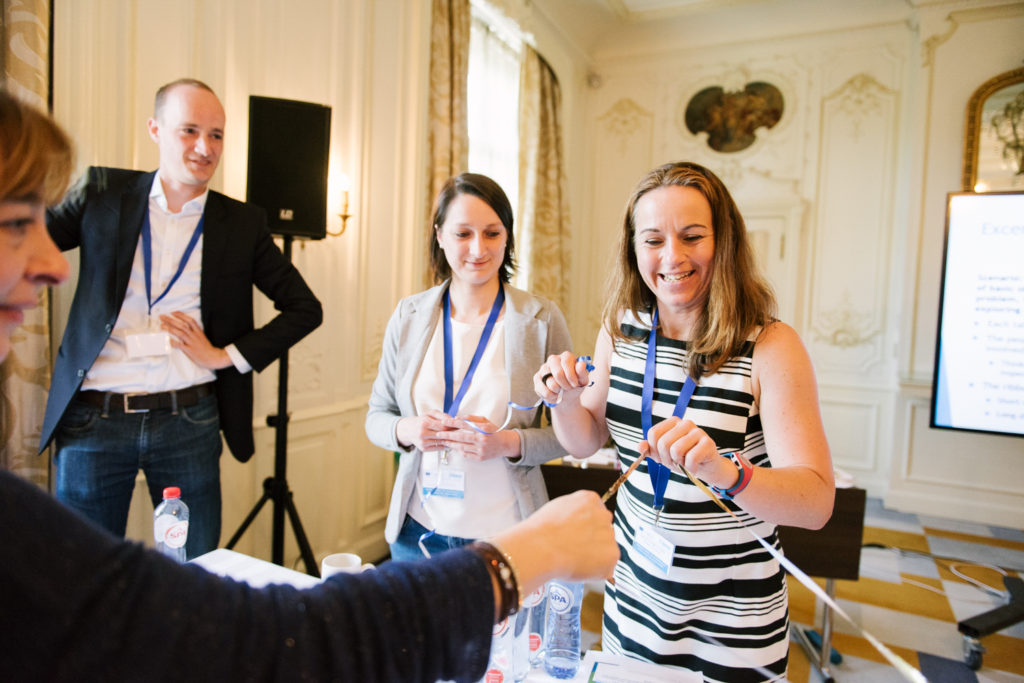ET 2020 Working Group Schools
Waldorf schools contribute to EU expert group



We bring the Steiner Waldorf perspective to the policy debate on education in the EU.
Our work
We have been part of the ET 2020 Working Group Schools since 2016, when ECSWE was appointed to the group by the European Commission. Richard Landl, our President, and Georg Jürgens, Managing Director, represent ECSWE in the group.
The ET 2020 Working Group Schools brings together national ministry experts, EU officials, and European stakeholders, to support Member States in addressing key challenges in education today. Between 2016 and 2018, the group focused on topics around governance of school education systems, and how to promote higher quality school education through sustainable innovation and inclusion. Between 2018 and 2020, the focus is on quality assurance processes and teacher and school leader careers.


Steiner Waldorf school perspective
Through dialogue and presenting case studies from our network, we discuss problems that affect Steiner Waldorf schools and other independent education settings. We also highlight the effects of one-size-fits all educational policies on schools outside the mainstream system. Here are three case studies we presented to the Working Group:
1. High quality teacher-led care
The quality care procedure developed by the German Waldorf movement has shown how teacher-led quality care, based on individual feedback and peer learning, can stimulate professional development and improve educational quality. It is also an example of how internal and external evaluation can be successfully balanced in Waldorf schools. More information can be found on page 15 of the ET 2020 Working Group Schools output, “Quality assurance for school development” (2018).
2. Alternative educational standards
In Flanders, Belgium, Steiner schools have developed their own collective educational standards, which are recognised by Flemish authorities to be of equal value as mainstream standards, and serve as a basis for school inspections. This illustrates how alternative educational approaches can and do work, with official recognition. More information can be found on pages 26–27 of the ET 2020 Working Group Schools output, “Teachers and school leaders in schools as learning organisations” (2018).
3. International exchange and peer learning
We were requested to provide a two-page case study on ECSWE itself, as an international network that provides a space for peer learning and mutual exchange on policy challenges. More information about the case study is available on pages 17–18 of the ET 2020 Working Group Schools “Network for learning and development across school education” (2018).




